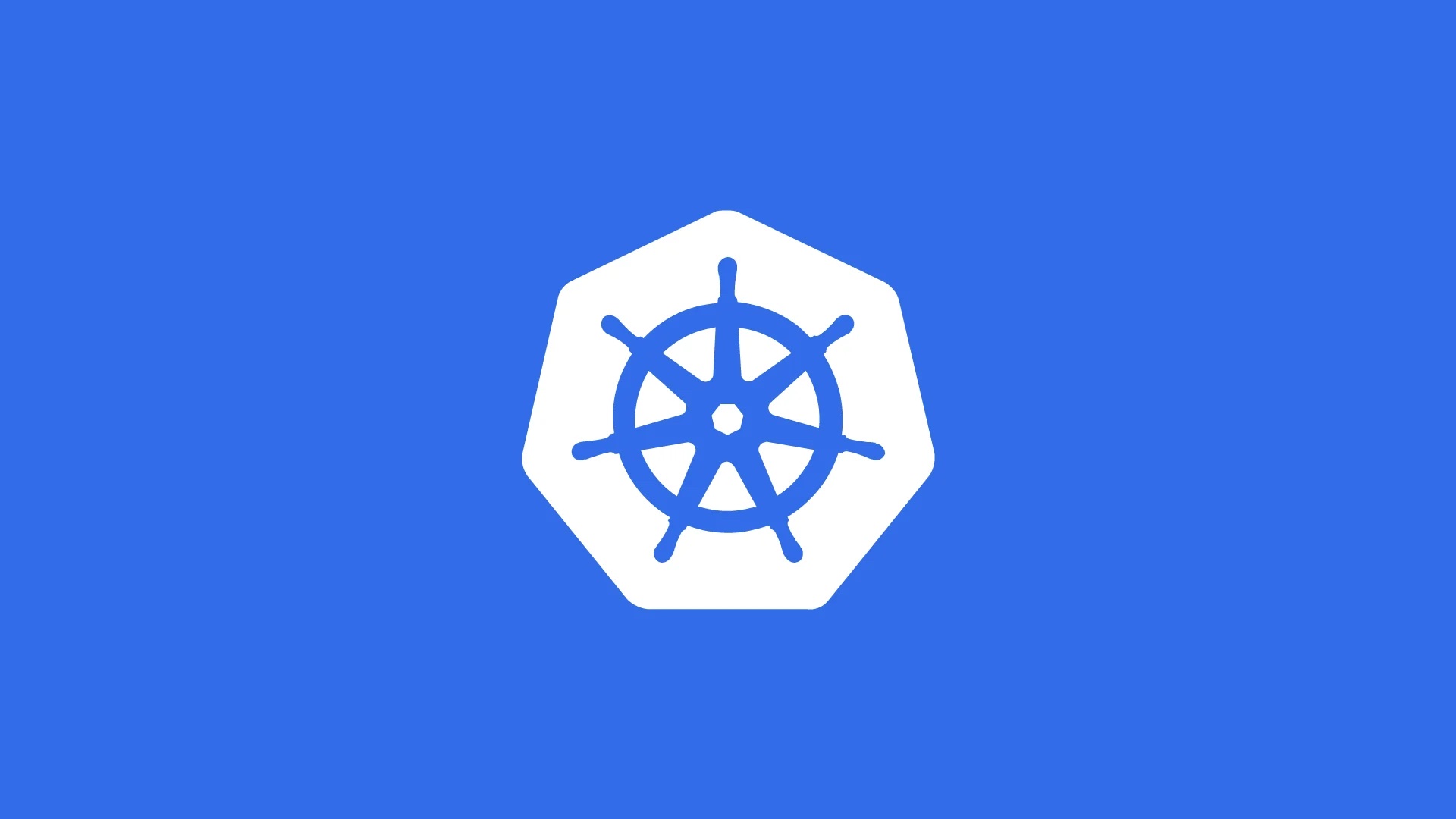Boost Efficiency and Streamline Workflows with Kubernetes Job Scheduling
Learn more about Kubernetes job scheduling and how it can improve the automation and orchestration of containerized applications.

Containerization tools like Docker and Kubernetes are great for automating application deployment, but they lack native functionality for job scheduling for complex tasks.
To optimize an enterprise’s DevOps lifecycle, teams must implement robust workload automation tools like ActiveBatch.
What is a Kubernetes CronJob?
Cron is a UNIX utility used for task scheduling, and a cron job is when a specific task has been set to run consistently at a scheduled time, like a time of day, day of week, month of year, etc. Cron jobs are most often used in Unix and open source Linux systems.
Using cron jobs well requires understanding the cron syntax. Crontab commands can be executed to schedule recurring tasks like data backups and more.
To automate tasks on Kubernetes, teams can use a Kubernetes CronJob job object with a config file.
Kubectl Commands
Teams using Docker or other containerized environments have the ability to configure Windows job scheduling with Kubernetes using Kubectl commands, which behave similarly to Linux commands.
Job Scheduling Automation Tools for Kubernetes
Advanced task scheduling tools simplify container-based automation by automating tasks outlined in a Kubernetes cluster, node, kube, or kublet.
Through native integration, ActiveBatch’s job scheduling software understands Kubernetes CronJob namespaces, pod names, and metrics, including CPU and ram utilization. The tool is designed to understand and integrate with native Kubernetes API constructs including onfailure, restartpolicy, kubectl logs, spec.schedule, and selectors, as well as tools like busybox and minikube.
The integrated jobs library offered by ActiveBatch provides hundreds of job steps and job templates. Drag-and-drop job steps to quickly build and automate DevOps workflows by incorporating data and other dependencies. The ActiveBatch resource library offers articles and tutorials to optimize job scheduling processes.
Frequently Asked Questions
Job scheduling in Kubernetes refers to the process of assigning pods–a group of one or more containers–to nodes in a Kubernetes cluster.
Kubernetes is designed to be a distributed system, allowing users to specify workload resource requirements and constraints. The Kubernetes scheduler accounts for various factors like resource availability, node capacity, affinity/anti-affinity rules, and user-defined requirements. This ensures optimal pod placement.
Learn how ActiveBatch’s IT process automation software can revolutionize an organization’s IT landscape.
To create a Kubernetes scheduler, write a custom scheduler implementation that conforms to the Kubernetes Scheduler interface. This interface defines a set of functions that the scheduler must implement to interact with the Kubernetes API server and the cluster state.
After a Kubernetes scheduler has been implemented, it can be registered with the Kubernetes API server by specifying its endpoint in the --scheduler-name flag when starting the API server. This will enable the Kubernetes scheduler to be used for scheduling pods in the cluster.
Get information on the ActiveBatch workload automation tool that provides numerous tools to help IT teams maintain and integrate scripts.
While the Kubernetes job scheduler is robust and widely-used, it presents some limitations and disadvantages.
Limited visibility into scheduling decisions: The Kubernetes scheduler makes job scheduling decisions based on available resources, constraints, and other criteria, not a defined formula. This makes it difficult to troubleshoot or optimize Kubernetes job scheduling decisions.
Complex scheduling: Scheduling tasks based on external data or optimizing scheduling decisions based on business objectives are not ideal for this solution. These scenarios may require custom scheduling logic that goes beyond the capabilities of the Kubernetes scheduler.
Multi-cluster environments: Because the Kubernetes scheduler is designed to operate within a single cluster, and it does not provide native support for scheduling across multiple clusters. This adds complications for managing workloads across multiple clusters, a common scenario in large-scale enterprise deployments.
Resource investment: The Kubernetes scheduler and CronJob controller require resources and expertise to operate.
See why ActiveBatch’s cross-platform job scheduler avoids the same disadvantages.
A CronJob and Kubernetes Job are both Kubernetes tools used for running jobs or batch job processes, but they have several differences in the execution of job scheduling.
A Kubernetes Job is used to create one or more pods to perform a task, like running a containerized application or performing a batch job. Kubernetes jobs are designed to run once and have a finite lifecycle. This means a set number of new pods will be created; after they complete, the pods will terminate. Jobs can be used for tasks including data processing and clean up, data migration, and backups, and to restore operations.
A CronJob creates a new job on a scheduled time based on a specified cron expression. CronJobs allow users to schedule the execution of jobs at specific times or intervals, like every hour or every day. CronJobs can be used for tasks including data backups, periodic data processing, or other scheduled batch job processes in a work queue.
The main difference between a Kubernetes Job and a CronJob is that a Kubernetes Job runs once, while a CronJob is a scheduled job to run on a recurring basis. The scheduling behavior of a CronJob is similar to the scheduling behavior of a Unix cron job, hence the name “CronJob.”
Read why teams still using cron schedule software should consider upgrading to a more sophisticated tool.
To change the frequency of a scheduled job in Kubernetes, the cron expression specified in the CronJob resource definition must be updated. This can be accomplished by taking the following steps:
1. Use the command: kubectl edit to edit the CronJob resource. Kubectl edit cronjob my-cronjob
2. From the above command’s output, locate the spec.schedule field. This field is the job spec for the cron expression used to schedule the task. Update the expression with the desired frequency.
3. Save the changes and exit the text editor.
4. Monitor the status of the CronJob using the commands kubectl get cronjob and kubetcl describe cronjob.
Updating the schedule of a CronJob will affect all future job runs. To update the schedule of a running CronJob, delete the existing CronJob and create a new one with the updated schedule. Be aware that deleting a CronJob will also delete any associated job resources and pods.
Discover how batch scheduling with ActiveBatch enables the mass automation and execution of routine jobs.
The flexibility and scalability of Kubernetes makes it a powerful platform for scheduling and running jobs, especially in large-scale or distributed environments. There are a number of use cases for Kubernetes job scheduling, including:
Batch job processing
Data processing pipelines
Machine learning workflows
Database clean up
Automated testing
Reporting
Learn about how tightly integrated ActiveBatch’s job scheduler is with the Windows Task Scheduler.







